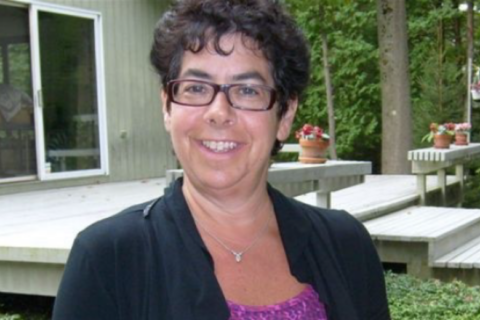WASHINGTON — Montgomery County’s top prosecutor hopes to convince his fellow county leaders to expand the one-year-old Mental Health Court that’s helped 100 people so far.
The program helps the mostly nonviolent offenders receive regular counseling and stabilize their housing and medication, which State’s Attorney John McCarthy said “seems to alleviate a lot of the reasons that people get involved in the kinds of petty offenses that bring them in and out of the criminal justice system. ”
The program has already reached its capacity and he plans to address the county Council on Thursday hoping that they would devote more funding to help more people.
McCarthy said of the approximately 100 people participating in program, only one has been rearrested so far. That 1 percent rate of recidivism compares to a rate of about 50 percent in the traditional criminal justice system.
McCarthy noted that jails have become the largest mental health providers in the United States. As many as a third of the nation’s jail and prison inmates suffer from mental illness and other types of health conditions.
McCarthy said the Mental Health Court has helped to address a tremendous need in the county — adjucating these individuals has become a tremendous burden for the county, in terms of policing, corrections and the courts.
The crimes involved by such offenders are often nuisance crimes like trespassing, vagrancy and public urination
One man who was arrested 28 times last year has stayed out of trouble and has not been arrested since he joined the program, McCarthy said.
“Those arrests, processings, those days in jail — they all cost taxpayers money,” he said.
He said providing such support is also a more humane way to address mental illness.
He calls the program a way to improve the lives of the individuals in a way that simultaneously benefits the entire community.
Montgomery County is one of a few communities that run such a program. Loudoun and Fairfax counties in Virginia have set up similar programs that divert mentally ill individuals to medical treatment rather than the counties’ jails in an effort to keep them out of the criminal justice system.







